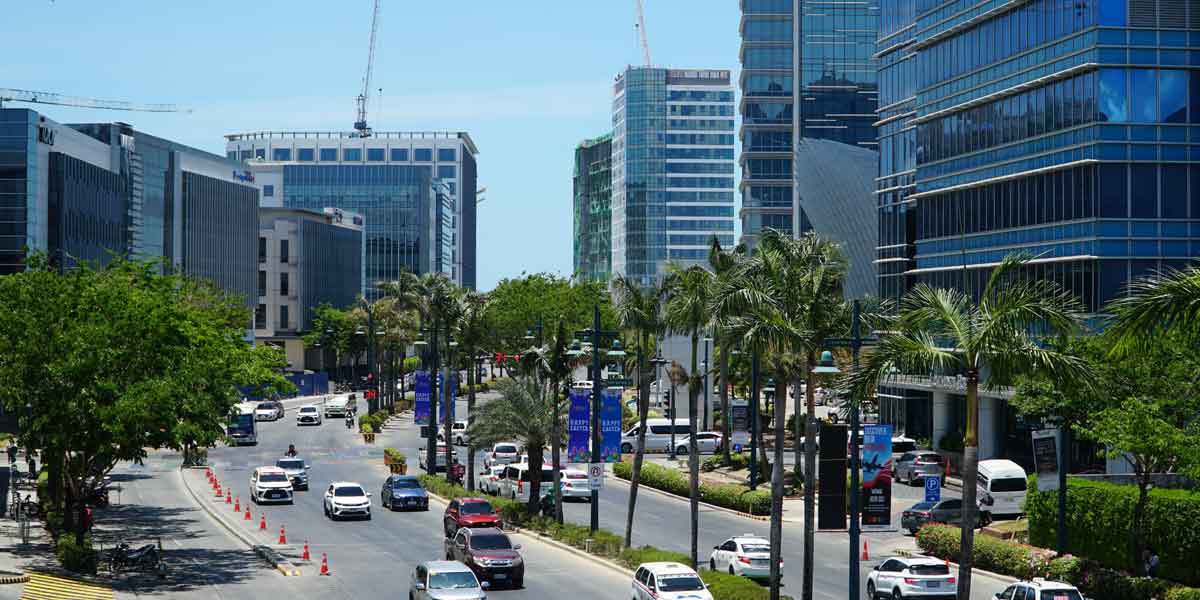 By Modesto P. Sa-onoy
By Modesto P. Sa-onoy
A few years ago, a friend who hails from London but had a house in the subdivision where we live commented that he could not understand the logic of people buying two cars when their garage is good for only one. The homeowners association finally decided to impose a fine of P500 for every night the car was parked on the roadside after 10 in the evening. It, however, provided a free parking space for those without enough space but only for one extra car. Any additional car should rent a parking space.
Last year the local governments on direct orders of President Duterte removed illegal structures that obstruct the flow of human and vehicular traffic. The passages were cleared and people breathed a little, but as the recent campaign of Bacolod shows, the illegal structures are back emboldened by the lack of enforcement as the city’s attention was focused on the implementation of the anti-COVID 19 health protocols.
The conversion of side streets as parking spaces overnight akin to a private garage is the target of a bill which would require prospective vehicle owners to present proof that they have a parking space or garage for their new vehicle.
That is a practical approach authored by Senator Sherwin Gatchalian in his proposed measure Senate Bill No. 201, also known as the Proof-of-Parking Space Act. Its main aim is to “help ease traffic congestion in the country.”
The senator considers this move as a measure to instill a culture of responsible vehicle ownership among Filipinos. “The concept really here is responsibility when you buy vehicles. We are now putting the responsibility on the car owners. If you buy cars, you have to make sure that you have a parking space for your own vehicle,” he said during the public hearing of SBN 201.
It is a common sight everywhere in the country to see that vehicle owners have turned side streets into their own private parking space. This is not exceptional to the Philippines. In almost all countries, notably the wealthier ones, we see thousands of cars and other kinds of vehicles using the side street for night parking.
So the idea of a “culture” of refraining from parking at the sides of a public street is not universal but in many exclusive residential places around the globe, the streets are practically devoid of overnight parking.
This rule can be imposed if the streets were private and wide. Unfortunately, many of our residential subdivisions have narrow streets so that parking on the street in front of houses facing each other makes the road impassable.
There is wisdom in the approach of Senator Gatchalian that local governments can adopt. Certain streets can be declared with only one side of the street for parking. I have seen this is several cities in the US and Europe and they worked. Of course, the street becomes a one-way street and forces vehicles to take a round-about way and that is expensive in terms of fuel and time. But that is better than getting stuck in a jam.
This arrangement, however, is good only in side streets and not in the main streets where parking on both sides is prohibited.
Traffic in Bacolod and the province are light because people refrain from travelling. That is a positive effect of COVID 19 that can be considered beneficial. A consuelo de bobo, if you wish.
Presently, I wonder whether Bacolod City officials will consider following the move of Senator Gatchalian, but something of the sort can be initiated now.
The record of the Land Transportation Office shows that there are 10,410,814 registered motor vehicles from 2015 to 2017 the registered motor vehicles in the country. Of the daily 1,000 vehicles registered every day, 600 are newly purchased.
The bill also mandates the Land Transportation Office, Metro Manila Development Authority, and local government units to conduct frequent inspections of major and minor thoroughfares across the National Capital Region to remove illegally parked vehicles and to penalize vehicle owners who refuse to comply with the law.
The Gatchalian law, however, was specific with Metro Manila and appears to be limited there. However, the proposed measure intends to make it “a national policy so that the local governments may impose that national law.”

























